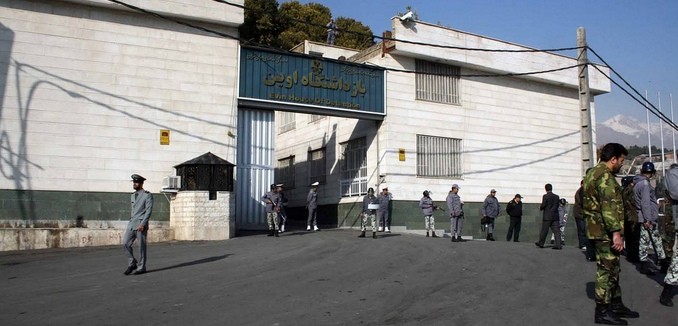The human rights situation in Iran has worsened since Hassan Rouhani became president in August 2013, according to recent statements made by numerous human rights experts.
Ahmed Shaheed, the United Nations Special Rapporteur on human rights in Iran, said yesterday that executions and human rights violations have actually increased under Rouhani. Shaheed asserted that executions have increased to “753 known executions last year, the highest annual figure since 2002.” Iran has one of the highest rates of execution in the world; more than 250 people have been executed.
In a report that was published last week, Shaheed extensively documented the systematic human rights abuses perpetrated by the Iranian government during 2014. Last year, Canadian MP and human rights expert Irwin Cotler observed that despite his promises to the contrary, Rouhani and his government continue to engage in “massive repression.”
At a House of Representatives hearing last month, experts and legislators on both sides of the aisle brought attention to Iran’s systematic human rights violations, including the suppression of freedom of speech, oppression of women and gays, government-sanctioned discrimination against ethnic and religious minorities, and the imprisonment and torture of dissidents. All three experts testified that contrary to the popular perception of Rouhani as a moderate, Iran’s human rights violations have actually increased under Rouhani’s presidency.
In his testimony (.pdf), Shayan Arya of the Constitutionalist Party of Iran lamented that Iran’s human rights abuses have “unfortunately been overlooked by the international community in light of current negotiations between Iran and the P5+1.” Insisting that the “regime’s actions speak louder than words,” Arya explained that Rouhani should not be seen as a moderate, because as a former representative of the Ayatollah Khamenei in the Supreme National Security Council and as head of its Political, Defense, and Security Committee, Rouhani “has been an integral part of every aggressive move the Islamic Republic has made since 1982.” Arya argued that it would be a mistake to think of Rouhani separately from the regime.
Mohsen Sazegara, the president of the Research Institute on Contemporary Iran, echoed Arya’s points in his testimony (.pdf), stating that “human rights abuses have not only continued, but also increased in many respects.” In particular, he noted the “persistent and pervasive assault on women on a continued basis on the pretext of disrespecting Hejab, education and employment segregation.” The experts also remarked that Rouhani appointed a man responsible for the “extrajudicial executions of thousands of political prisoners” as his Minister of Justice. Responding to a question about whether Rouhani had the power to change the situation in Iran, Sazegara stated that “he can do many things by the tools that he is in executive power… and support at least the basic freedoms of the people of Iran but he has not done anything.”
Anthony Vance, director of the U.S. Baha’i Office of Public Affairs, stated in his testimony (.pdf) thatdue to discrimination against the Baha’i religious minority, “the situation has worsened during the year and a half since Iran’s new and self-described reformist President, Hassan Rouhani, took office.”
[Photo: سبزفوتو Iran / Flickr ]




